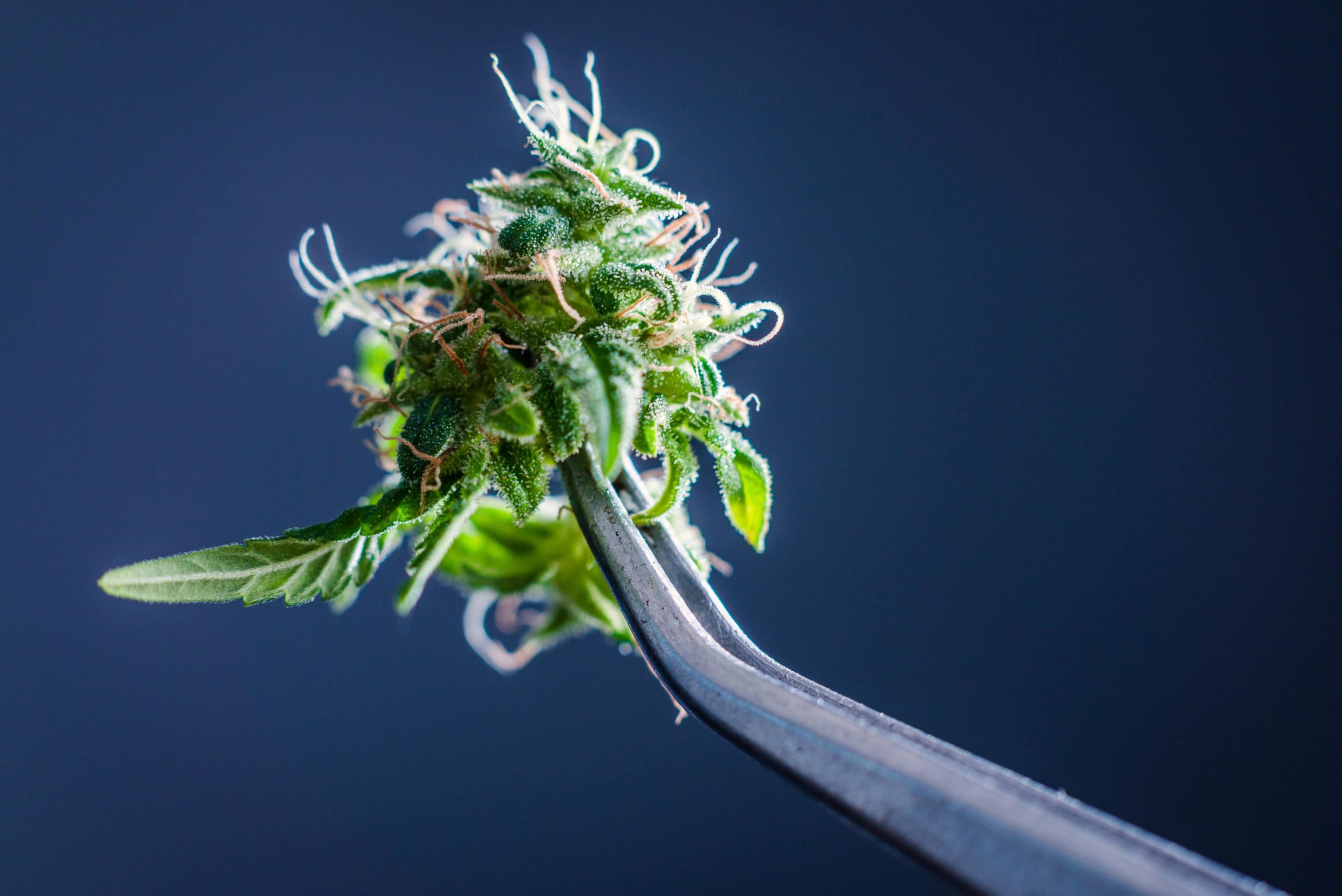
New York’s Cayuga Nation wants to sell recreational cannabis
The Native American tribe of the Cayuga Nation in New York is preparing to start an adult cannabis cultivation business months before state-licensed recreational cannabis retailers begin serving customers.
After the Marijuana Regulation and Taxation Act (MRTA), passed by lawmakers last year, adult cannabis possession became legal in September. But regulators are still working to manage and license adult-use cannabis stores, with retailers not expected to open until spring 2023.
However, as sovereign nations, Native American tribal governments have the power to regulate cannabis production and sale on tribal lands. Last summer, Long Island’s Shinnecock Nation announced that it would begin commercial cannabis operations on its land. And now the Cayuga Nation, already home to hemp and CBD brand Arrowhead Hemp, is also dipping into the recreational cannabis industry.
Freeman Klopott, a spokesman for the State Office of Cannabis Management, says the tribal nations of New York have the right to enact and implement their own cannabis regulatory structure.
“Native Americans residing on federally recognized sovereign tribal lands are legally permitted to operate dispensaries that are not covered by New York State’s cannabis statutes,” Klopott told Politico.
He also said that the state has “the ability to enter into agreements with tribes through tribal contracts to incorporate them into the state program if all parties can agree to the terms,” although no tribe has entered into such an agreement.
Tribal Attorney Lee Redeye said that state regulators’ delay in implementing cannabis legalization presents an opportunity for tribal governments to get a head start in the recreational cannabis market.
“There’s a lot of money to be made in the industry, especially when New York is lagging behind,” Redeye said.
Cultivation under development
The Cayuga Nation has decided to exercise its authority to self-regulate cannabis and is constructing a cultivation facility at the Gakwiyo Garden, the tribe’s 100-acre agricultural development in Seneca Falls, New York. The tribal company currently grows more than 35 crops in the Gakwiyo Garden, which includes a 3,000 square foot greenhouse.
The new cannabis cultivation facility will reportedly feature 15,000 square feet of indoor growing space. The cannabis produced at the facility is then packaged and sold at an undisclosed location on tribal land. The tribe is embracing the new financial endeavor to generate income for the tribe and employment opportunities for its members.
“The development of our cannabis business is the next step in expanding and diversifying the Cayuga Nation’s economic opportunity and delivering lasting benefits to the community,” the Cayuga Nation of New York said in a statement to the Cornell Sun.
The tribe has hired Rochester-based architectural firm Bergmann Associates to lead an overhaul of the current greenhouse operation at Gakwiyo Garden. Construction on the project is slated to begin earlier this year, with an estimated completion date before 2023. Maria Stagliano, a spokeswoman for the Cayuga Nation, said the tribe hired Jake Brewer, the former chief breeder at a Colorado-based cannabis company, to oversee the cannabis operation of the to lead the Cayuga Nation.
In its statement, the Cayuga Nation said it will work with state and local officials to ensure a smooth launch of its recreational cannabis business.
“Our vision for the future of the Cayuga Nation remains focused on improving the lives of our members, our community and our neighbors,” the Cayuga Nation said in its statement. “As we advance our economic development, we remain committed to working closely with local governments to ensure the health and safety of our community.”
Customers of tribal cannabis businesses can avoid the 9% federal cannabis use tax, which is appended to the New York sales tax rate of 4%. But attorney Redeye fears the state government may seek to tax cannabis sales in tribal lands, a move that would likely lead to a lawsuit in federal court.
“My suspicion is that eventually the state will try to tax those sales,” Redeye said. “New York State is always greedy. New York State will always try to deprive the tribes of revenue. It has historically, and I don’t expect that to end any time soon.”

Post a comment: